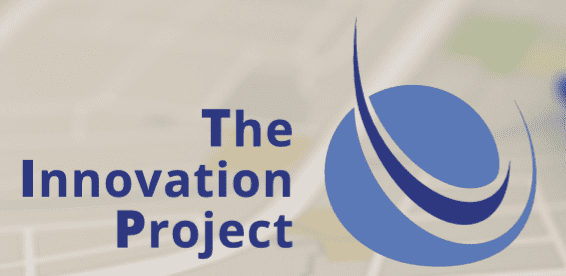
RALEIGH — A non-profit with “equity” objectives received a multi-million dollar contract through the most recent state budget.
The General Assembly has allocated $8 million to The Innovation Project (TIP) through Senate Bill 105, the 2021 Appropriations Act, signed into law by Gov. Roy Cooper. The funding comes from the federal Elementary and Secondary School Emergency Relief Fund funds also known as ESSER funds.
According to its website, The Innovation Project is a “nonprofit collaborative working group of North Carolina public school district superintendents created to envision the future of education and design equitable, learner-centered strategies to get there.”
“The Innovation Project brings together forward-thinking North Carolina school district superintendents to find and implement innovative and transformative practices in public education so that students and their communities can thrive,” reads the TIP mission statement.
According to the line item in the state budget, TIP is getting the money to “create the North Carolina High-Tech Learning Accelerator.” The description of the project states it will be “an initiative to provide a network of place-based learning hubs for students with rigorous and experiential pathways for jobs in the technology industry.”
Additionally, “The initiative shall offer summer immersion and out-of-school options, in addition to other student supports in a core program aimed at enhancing curriculum opportunities for work-based learning.”
Since the appropriation is such a large dollar amount, it was required to be presented to the N.C. State Board of Education. That presentation has already occurred and was approved by the voting board members. The contract spans from March 2022 through September 2024.
A records request revealed there have been no past contracts or payments by the N.C. Department of Public Instruction to TIP.
But what is TIP really doing and how are they doing it?
TIP “formally began on July 1, 2015,” with Gerry Hancock and Ann McColl as co-founders. The pair created TIP as “a service of the Raleigh law firm, Everett Gaskins Hancock LLP,” according to its website.
In 2017, TIP became a 501(c)3 non-profit. At the time it went non-profit, Joe Ableidinger was the acting CEO while Ann McColl is listed as “President Emeritus.”
While it is difficult to discern from its website exactly what TIP actually does or how it does it, target areas appear to include creating a reimagined version of turnaround schools they refer to as “restart schools,” as well as an “Early Learning Network,” involved in “redesigning learning environments to better address the early learning needs of vulnerable children.”
One resource TIP promotes on its website is labeled as “Crisis to Transformation” which contains articles on “how we can use the circumstances created by COVID-19 to reimagine public education.” The links provided include the Center on Reinventing Public Education, Jeb Bush’s Chiefs for Change and FutureEd.
Featured on the “Crisis to Transformation” page is a quote by Tom Vander Ark, CEO of Getting Smart, an education “strategic solutions” group, which reads, “Post-pandemic, more people will think of education as a public service more than a place.”
Vander Ark was a major proponent of the Common Core Standards and, unsurprisingly, was one of the first executive directors of education for Common Core’s largest funders, the Bill & Melinda Gates Foundation. He was at one time the treasurer for the International Association for K-12 Online Learning (iNACOL). Vander Ark has ties to North Carolina through his service on the board of DigiLearn founded and run by former North Carolina Governor Beverly Perdue.
During May 2020, TIP created the “Solution Creators Action Network” or TIP-SCAN.
“TIP-SCAN has provided a transformative framework and a structure for TIP member districts to respond to the upheaval generated by the COVID-19 pandemic to reexamine longstanding district systems and processes,” the TIP website says.
TIP-SCAN states it has “distilled three commitments” that include a full perspective on equity; a commitment to learner-centered transformation; and a commitment to “transparent, open design.”
The overview page for TIP-SCAN says each commitment “embodies deeply held beliefs regarding the relationship of public educators to their students, their communities and the world at large.”
“The COVID-19 pandemic and the embedded structural racism recently exposed by the killing of George Floyd and others make these commitments more compelling and urgent,” the overview reads. “TIP-SCAN seeks transformation through what is collectively seen as more possible in this time when systems are ripe for paradigm change.”
TIP-SCAN also touts itself as a source that could be “incorporated” in the state’s plans with regard to the long-running Leandro case.
Despite the claim for transparent and open design, few details are available on exactly what TIP-SCAN actually involves or how it works. The “three phases” of TIP-SCAN is also vague, with no real description of the apparent focus areas that include “equity” and a “learner-centered approach.”
A possible hint may be found in the current projects listed on TIP’s website such as the “Courageous Leadership Series” and a previous installment focused on how the “pendulum has swung back to white supremacy” in education and how “inequity is built into the model for public education.”
Over the last few months, North State Journal has attempted to contact TIP for more information but has yet to receive an acknowledgement or response.
This is part 1 of a 2 part series. Part two will examine TIP’s membership and funding.


